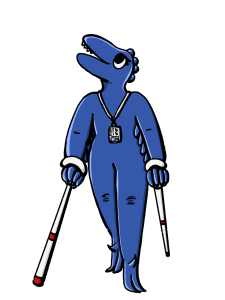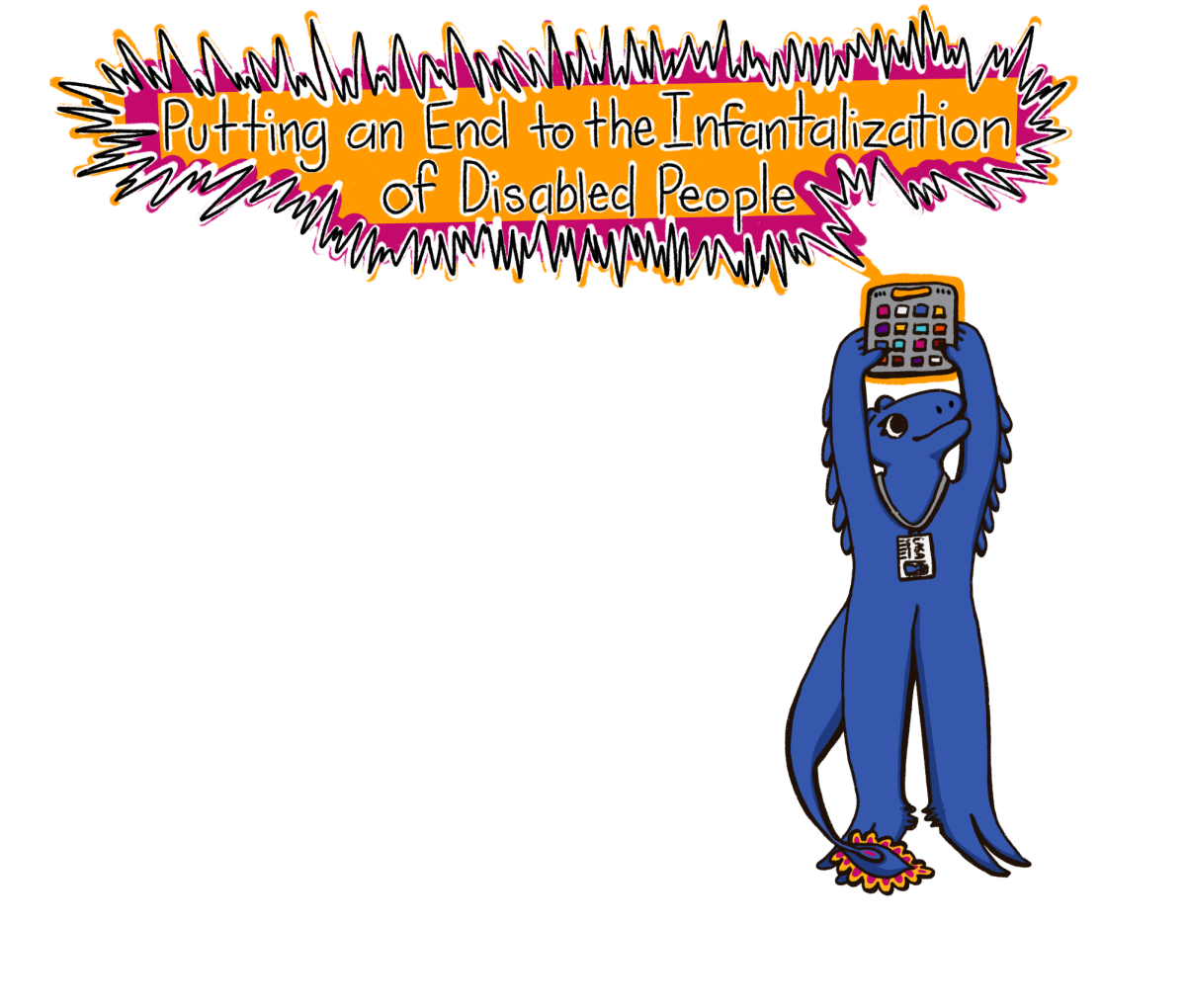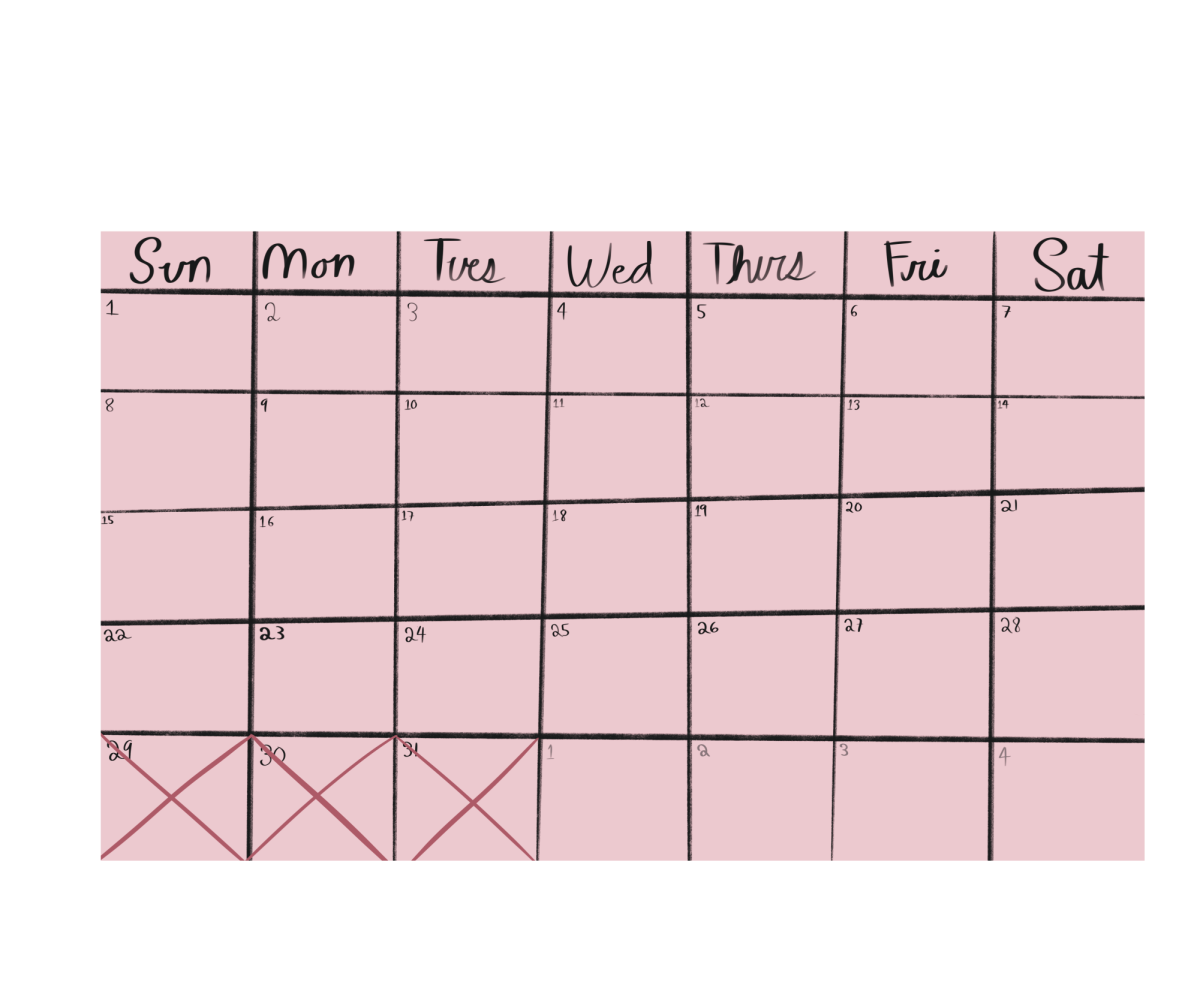My life is one of calculations, of overanalyzing jokes, and of mentally replaying conversations hours after they happened. But most importantly, it’s one of learning how much of myself I have to hide in order to be seen as a person. Disability will often be automatically and subconsciously associated with helplessness. The infantilization of the disabled is a constant and persistent problem that severely impairs our ability to advocate for our rights.
I’m lucky because my autism is typically invisible, but that’s also because I actively try to keep it that way. Whenever I’m in public, I suppress any of my more obvious symptoms. I take care to monitor my facial expressions, my fidgeting, and my eye contact because I know what could happen if I don’t: strangers will treat me like a toddler.
If a disabled person wants to talk about their struggles and the discrimination that they face, then there’s a high chance that they won’t be taken seriously. In my experience, it’s rare that anyone puts in the minimal effort required to understand those who use alternative communication methods like text to speech, or those who have severely limited vocabularies. Even if someone is able to talk in a ‘normal’ way, that often doesn’t change the way they’re treated. Disabled people regularly share experiences where they’ve been talked to like toddlers, and taken about as seriously as one.
A Finnish YouTuber who goes by Oakwyrm online analyzes media through the lens of disability. Some of his videos also talk about his own experiences as a disabled person.
In his video “The Infantilization of Disabled People”, Oakwyrm shared, “I was sitting on the curb waiting for a pickup and a complete stranger walked up to me and asked if I needed help while crouching down and getting uncomfortably into my personal space. I was a full-grown adult, but her mannerisms when speaking to me took on all the aspects of talking to a preschooler—up to and including the ‘are you sure’ when I told her I was fine and waiting for someone.”
Another example of this case is with Nicole, an intellectually disabled student at the University of Delaware who was interviewed for the study “Disabled or Not, People Just Want to Feel Welcome: Stories of Microaggressions and Microaffirmations from College Students with Intellectual Disability”. Nicole described one of her own experiences with infantilization.
“[A group of undergraduates were] gossiping because I was wearing clothes that they were not wearing. They were, like, saying mean words to me … And they said, ‘Look at this kid.’ And I said, ‘I’m not a kid, I’m 21.’ I was yelling at them, telling them, ‘I’m 21, older than you guys.’”

These are just two stories of hundreds that can be found across the internet. It’s easy to imagine how this would make activism hard. The combined forces of infantilization and centuries of discrimination make it incredibly difficult for disabled people to create change. This also leads to the rise of organizations that, despite claiming to help the disabled community, do far more harm than good. Organizations that actively cause harm to disabled people are now some of the largest voices within disability advocacy, while true disabled people are pushed down and spoken over.
For example, Autism Speaks is an organization that supports and actively works towards the stigmatization and eradication of autism. Their incredibly influential 2009 ad “I Am Autism” has millions of views over various reuploads, and claims that autism “works faster than pediatric AIDS, cancer and diabetes combined” in order to bring financial ruin upon your family, destroy your marriage, and rob you of your child. While the ad is nearly 15 years old, the organization’s sentiments have not changed. Their 2019 pamphlet, the “100 Day Tool Kit for Parents of Newly Diagnosed Young Children”, treats autism like a cancer that will sow discord within a family, and recommends pseudoscientific therapies to “treat” it.
Insidiously, the very people doing this will often say it’s for our own benefit. I’ve heard countless arguments as to why autistic people, due to our apparently inherent gullibility, shouldn’t be allowed bodily autonomy, especially in arguments of gender-affirming care. Rather than actually making an attempt to understand and help us, we are seen as props, and shields for bigots to hide behind, rather than as actual people.
Throughout our lives, disabled people are consistently ignored in conversations about disability advocacy because it is automatically assumed that we, much like how a 5-year-old doesn’t realize why they can’t eat candy every day, don’t understand our own needs. In order to achieve a society in which disabled people are actually seen as people, this needs to stop.







